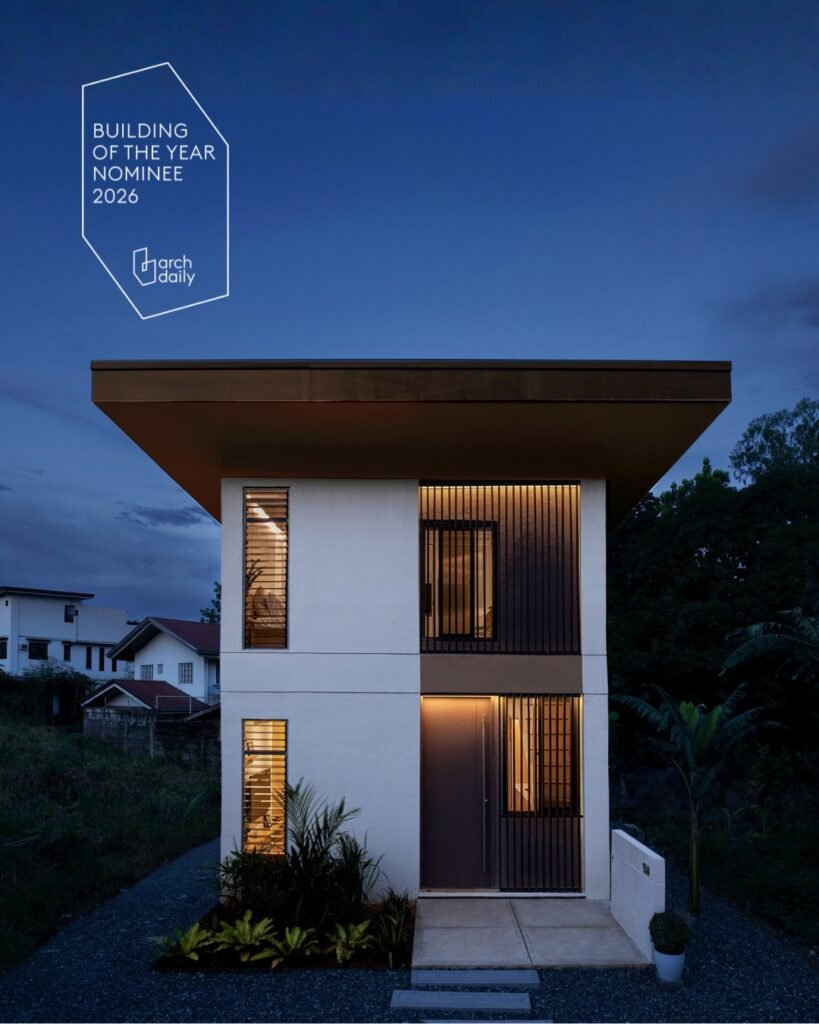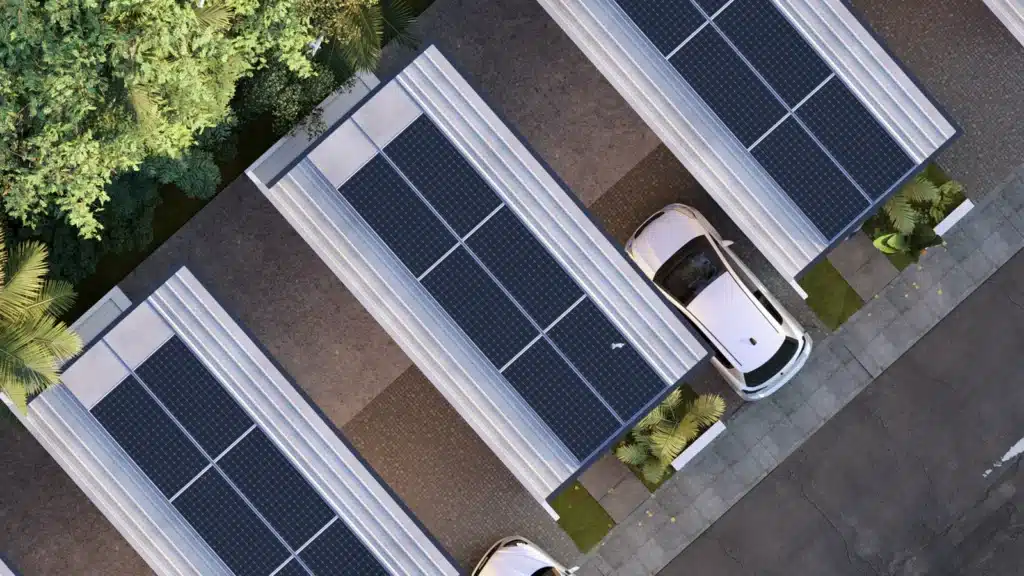PHOTO: Andrea Piacquadio (Pexels)
Net-zero homes in Spain are revolutionizing the way we think about sustainable living and environmental responsibility. As the effects of climate change become increasingly apparent, there is a growing need for innovative solutions to reduce carbon emissions and create more sustainable living spaces.
Net-zero homes, also known as zero-energy homes, are designed to produce as much energy as they consume, resulting in a neutral or net-zero carbon footprint. In Spain, where abundant sunlight and a commitment to renewable energy prevail, net-zero homes are rapidly gaining popularity. These cutting-edge residences harness the power of solar panels, advanced insulation, energy-efficient appliances, and smart technologies to achieve a remarkable balance between energy consumption and production. By embracing net-zero homes, Spain is at the forefront of sustainable living.
Cost of Net Zero Homes in Spain
The initial cost of building a net zero home in Spain is often higher than that of a traditional home, according to Aecom. The construction process requires specialized materials, advanced insulation systems, and cutting-edge technologies to ensure energy efficiency and optimal performance. Architects and builders with expertise in sustainable design are often involved, adding to the overall construction expenses.
However, it is important to note that although the upfront costs of net zero homes may be higher, they offer considerable long-term financial benefits. By producing their own energy and minimizing utility bills, homeowners can experience significant savings over the life of the property. Additionally, the increasing demand for sustainable homes may contribute to higher resale values and a competitive edge in the real estate market.
Net zero homes prioritize energy efficiency through features such as high-performance windows, superior insulation, and energy-saving appliances. While these features increase the upfront cost of construction, they offer substantial long-term benefits by significantly reducing energy consumption and associated utility bills. Over time, homeowners can recoup the initial investment through lower energy expenses, ultimately leading to financial savings.
To promote sustainable housing, the Spanish government and local authorities provide various incentives and support mechanisms for net zero homes. These may include grants, subsidies, tax credits, and favorable financing options.
Energy Efficiency and Cost Saving of Net Zero Homes
Net zero homes are revolutionizing the housing sector in Spain by combining energy efficiency and renewable energy generation to create environmentally conscious and financially rewarding shelters, as per McKinsey.
Net zero homes in Spain employ a range of energy conservation measures to minimize energy consumption. Advanced insulation, efficient windows, and airtight construction are incorporated to reduce heat transfer and maintain comfortable indoor temperatures. Additionally, energy-efficient appliances, LED lighting, and smart controls contribute to optimizing energy usage, further reducing electricity consumption and costs.
According to McKinsey, Spain’s abundant sunlight makes solar panels a popular choice for renewable energy sources in net zero homes, enabling homeowners to harness the power of the sun and convert it into electricity. With appropriate sizing and efficient system design, net zero homes can produce enough renewable energy to meet their energy demands, significantly reducing reliance on the grid.
While the initial investment for constructing or retrofitting a net zero home in Spain may be higher compared to conventional homes, the long-term cost savings are substantial. By generating their own clean energy, homeowners can significantly reduce or even eliminate electricity bills. Moreover, Spain offers various incentives and support mechanisms, such as feed-in tariffs and net metering, which further enhance the financial benefits of net zero homes, as per Eco Vida Homes.
Increased Property Value of Net Zero Homes
Net zero homes are gaining popularity in Spain due to their energy efficiency and sustainability features. As environmental awareness grows, there is an increasing demand for homes that prioritize energy efficiency and renewable energy. Net zero homes tend to command higher resale values and attract buyers who value long-term cost savings and environmental responsibility. Furthermore, they have a competitive edge in the real estate market, with studies showing that energy-efficient homes sell faster than their traditional counterparts.
Homebuyers are seeking residences that align with their values of sustainability and climate consciousness. Net zero homes in Spain address this demand by offering a greener living option. These homes reduce carbon footprints, minimize energy consumption, and contribute to a cleaner environment. Prospective buyers, driven by a desire to make an eco-friendly choice, are increasingly drawn to net zero homes, creating a surge in market demand and, subsequently, boosting property values.
Why it is Wiser to Live in a Net Zero Home
Living in a net zero home is a wise choice as it reduces environmental impact, promotes energy independence, provides cost savings, enhances comfort and health, future-proofs against rising energy costs and regulations, and increases property market value. By embracing a net-zero lifestyle, individuals contribute to a sustainable future, enjoy the benefits of energy-efficient living, and align personal well-being with global environmental goals.
BillionBricks also believes that living in a net zero home is a wiser choice to attain sustainability. With this, we are dedicated to building net-zero communities in different parts of the world. Our net zero homes are more affordable compared to others in the market. To know more about our BillionBricks and our net-zero homes and communities, please email us at hello@billionbricks.org
Sources
-
McKinsey. (2022). Net-zero Spain: Europe’s decarbonization hub. Retrieved from https://www.mckinsey.com/capabilities/sustainability/our-insights/net-zero-spain-europes-decarbonization-hub
-
Eco Vida Homes. (n.d.). How Will Forthcoming Legislation on Carbon Zero Buildings Affect my New Build Home in Spain? Retrieved from https://www.ecovidahomes.com/blog/how-will-forthcoming-legislation-on-carbon-zero-buildings-affect-my-new-build-home-in-spain/
-
Aecom. (n.d.). Costing net zero homes. Retrieved from https://aecom.com/without-limits/article/costing-net-zero-homes/
-
Gira. (2022). Built for the future: how net-zero homes protect our planet. Retrieved from https://www.gira.com/en/en/g-pulse-magazine/building/net-zero-homes#
-
Save on Energy. (n.d.). What is a net-zero home? Retrieved on https://saveonenergy.ca/For-Your-Home/Advice-and-Tips/Net-zero-homes





